Have you ever returned home to find your furry friend eagerly waiting at the door, tail wagging and eyes shining with excitement? This heartwarming scene is familiar to many dog owners and sparks the question: Why does your dog wait at the door just for you? The answer is a fascinating blend of science, emotion, and the unique bond between humans and their canine companions. Let’s dive into the world of dogs and discover the reasons behind this loyal behavior.
The Power of the Canine Nose
It’s one of the most heartwarming sights—your dog patiently waiting by the door, ears perked, tail gently wagging, as if they just know you’re on your way home. This loyal ritual is more than just a habit; it’s a reflection of your dog’s deep bond with you. Dogs are incredibly intuitive creatures, and their ability to sense time, routine, and your unique presence makes this behavior both touching and fascinating.
Dogs are known for their incredible sense of smell, which is up to 100,000 times more sensitive than that of humans. This olfactory superpower allows them to detect your unique scent long before you even reach the front door. When you leave the house, your dog can still smell your lingering scent, and as the scent begins to fade, they know you’re due back soon. This natural ability makes dogs exceptional at predicting your arrival, which is why they often wait by the door. It’s like having a built-in alarm clock that tells them when their favorite person is coming home.
Unwavering Loyalty and Love
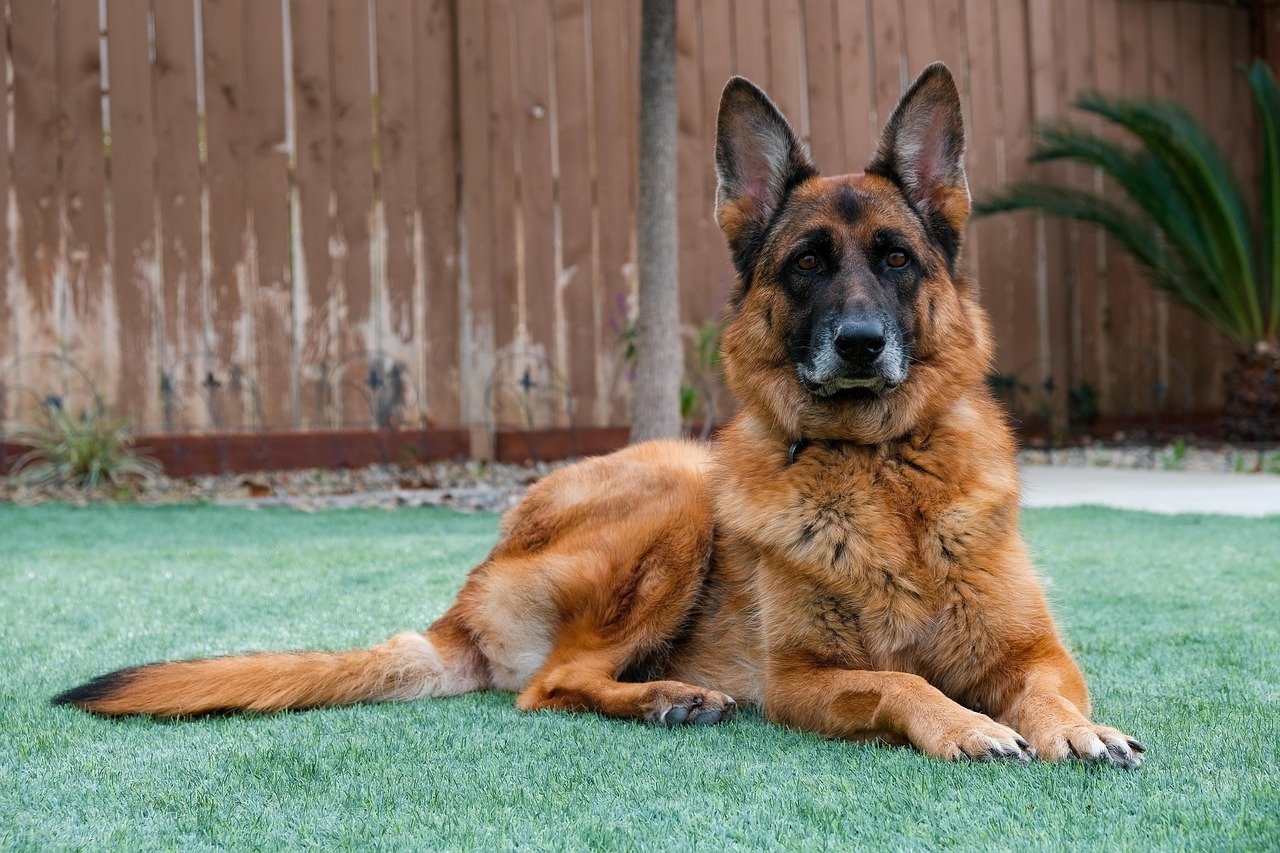
Dogs are inherently social creatures, and their loyalty to their owners is one of their most defining traits. This loyalty stems from the deep bond that forms between humans and dogs over time. Your dog waits at the door because they genuinely miss you and are eager to reunite. This behavior is a testament to the love and trust that dogs have for their owners, and it’s a powerful reminder of the emotional connection that exists between you and your furry friend. Imagine a best friend who is always excited to see you, no matter what—this is your dog’s unwavering loyalty.
Understanding Routine and Habits
Dogs are creatures of habit, and they thrive on routine. They quickly learn your daily schedule and can anticipate when you’re likely to come home. This understanding of routine is why your dog might be waiting at the door around the same time every day. It’s similar to how you might expect a favorite TV show to come on at a certain time each evening. For your dog, the highlight of their day is your return, and their internal clock helps them prepare for that joyous moment.
Social Animals Thrive on Interaction
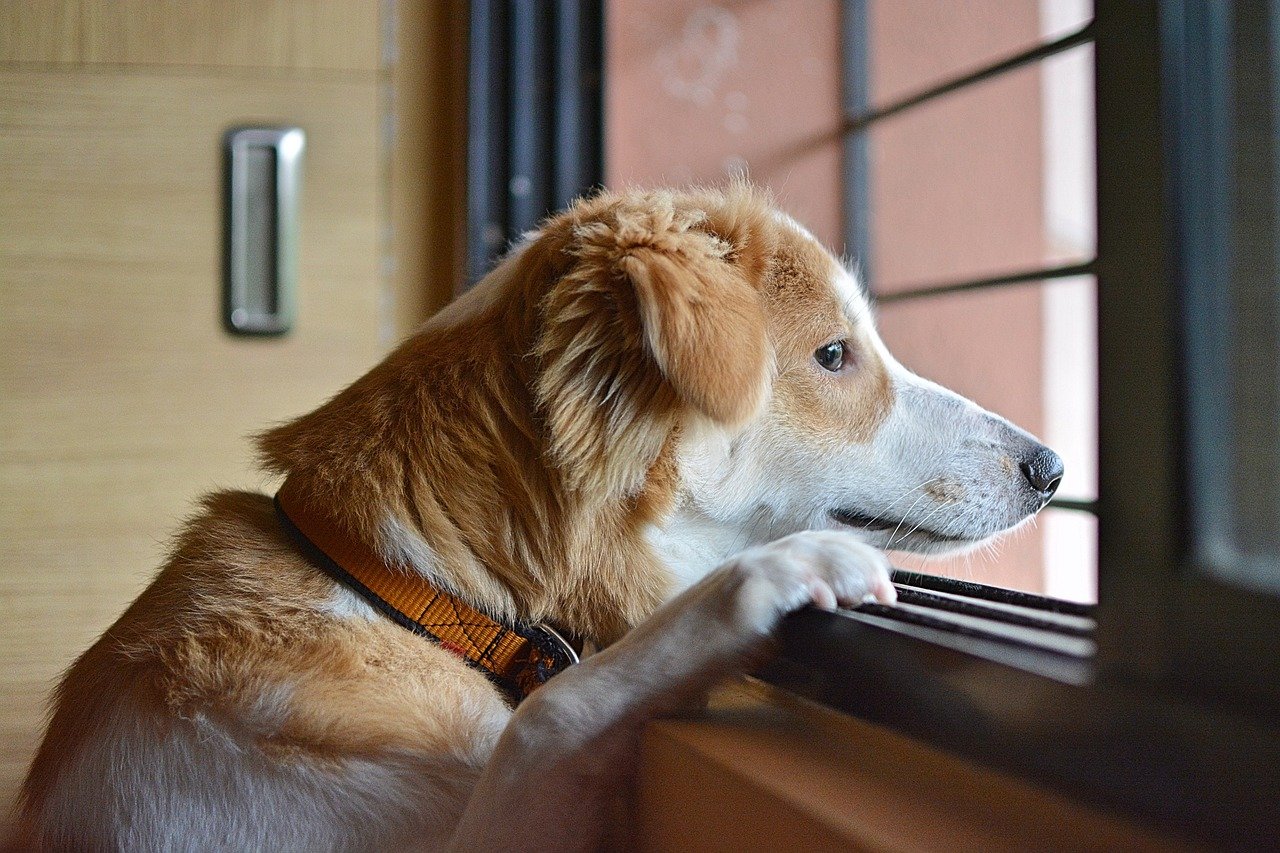
As pack animals, dogs are naturally inclined to seek companionship and social interaction. When you’re away, your dog may feel lonely and crave the presence of their pack leader—you. Waiting at the door is their way of expressing this need for social connection. Dogs view their human families as their pack, and they find comfort and security in your presence. This behavior underscores the importance of social bonds in a dog’s life and their desire to be close to those they love.
Sound Sensitivity and Recognition
In addition to their remarkable sense of smell, dogs have keen hearing abilities. They can recognize the sound of your footsteps, car engine, or even the jingle of your keys. These auditory cues signal your imminent arrival, prompting your dog to wait at the door in anticipation. It’s as if they have a personalized soundtrack that plays whenever you’re near. This sensitivity to sound further enhances their ability to detect your presence and reinforces their eagerness to greet you.
Separation Anxiety and Its Role
For some dogs, waiting at the door may be linked to separation anxiety. This condition occurs when a dog becomes overly anxious or stressed when left alone. Dogs with separation anxiety often exhibit behaviors such as pacing, whining, or waiting by the door until their owner returns. While this behavior can be concerning, it’s a sign of the strong attachment your dog feels towards you. Addressing separation anxiety involves understanding your dog’s needs and providing reassurance and comfort when you’re away.
Reinforcement Through Positive Experiences
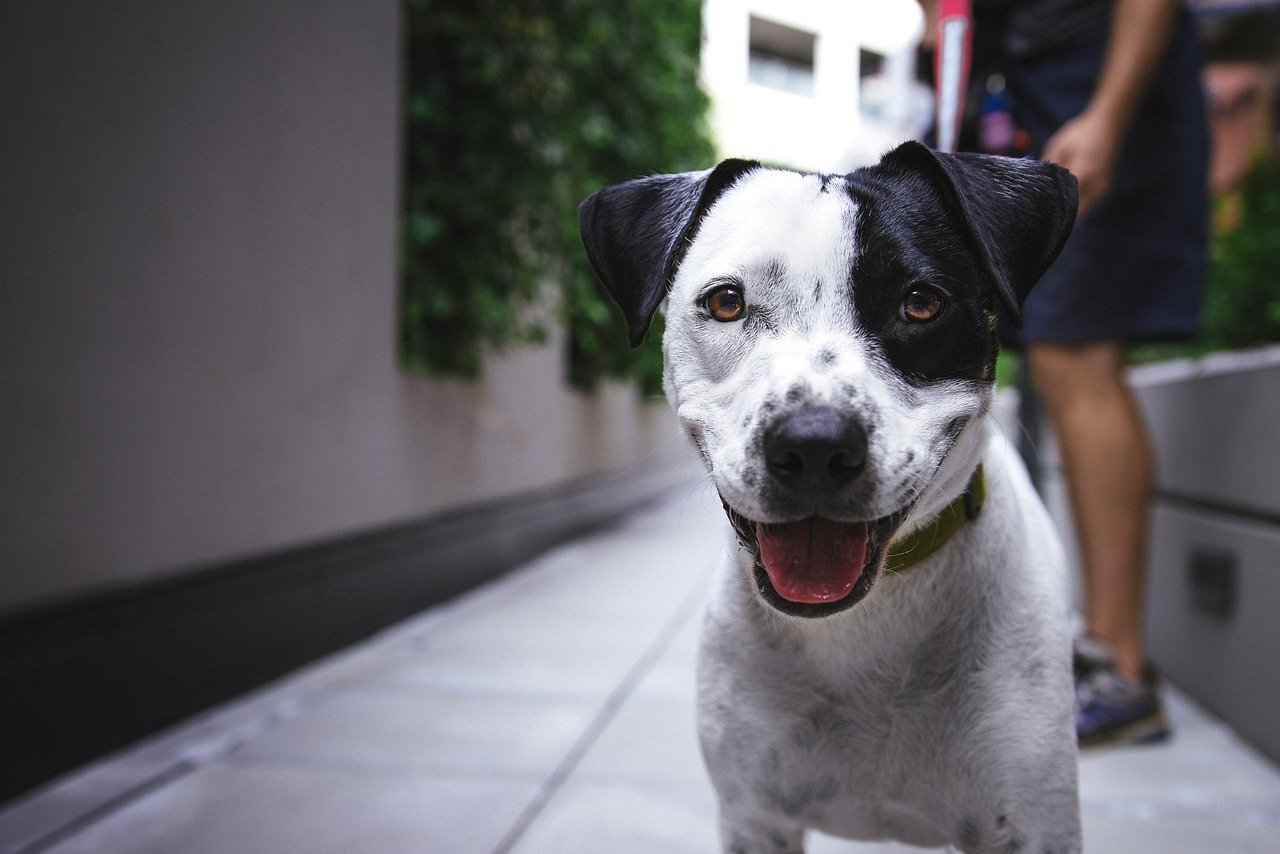
Your dog’s anticipation of your return is often reinforced by the positive experiences they associate with your arrival. When you come home, you likely greet your dog with affection, playtime, or treats. These positive interactions create a cycle of reinforcement, encouraging your dog to continue waiting at the door. It’s similar to how we look forward to rewards after completing a task. For your dog, your return is the ultimate reward, filled with love and joy.
Communication Beyond Words
Dogs are masters of non-verbal communication, and waiting at the door is one way they express their emotions and intentions. This behavior communicates their eagerness and excitement to see you, even if they can’t put it into words. Dogs use body language, such as wagging tails and bright eyes, to convey their feelings, and waiting at the door is a powerful message of their devotion. It’s a silent conversation that speaks volumes about the bond you share with your pet.
The Influence of Breed and Temperament
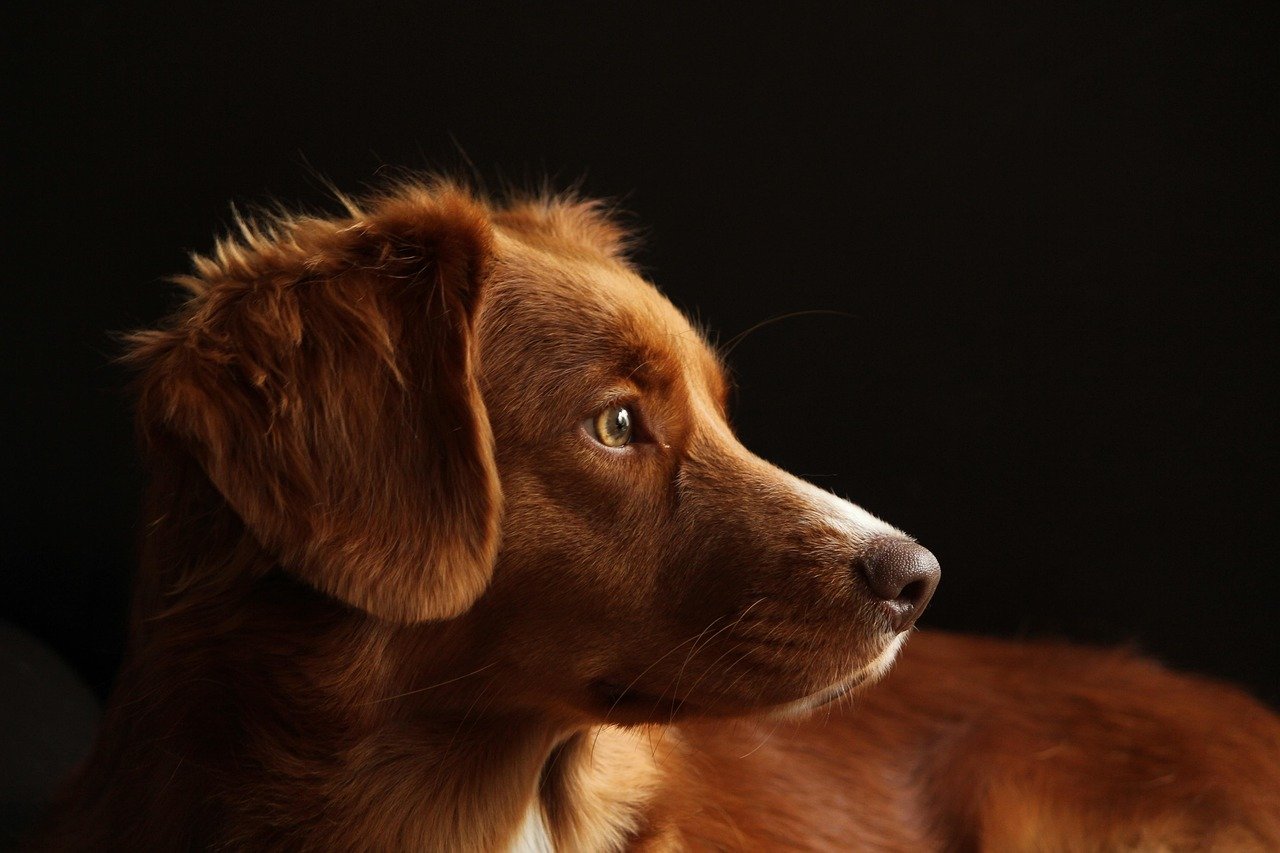
Not all dogs exhibit the same level of excitement when waiting at the door, and this can be influenced by their breed and temperament. Some breeds are naturally more social and people-oriented, while others may be more independent. Additionally, individual personality traits play a role in how a dog behaves when their owner is away. Understanding your dog’s unique characteristics can help you appreciate their behavior and tailor your interactions to meet their needs.
The Joy of Reunion
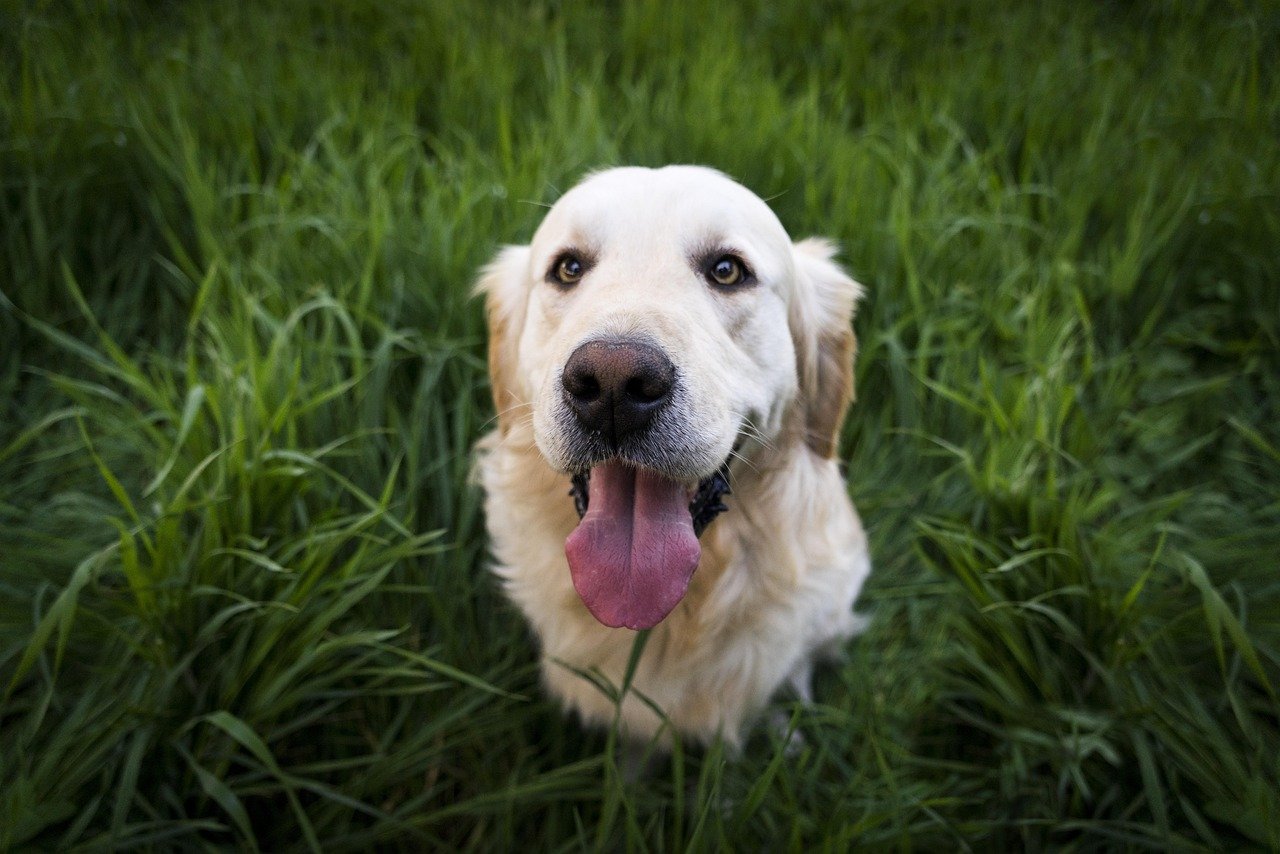
Ultimately, the act of waiting at the door is a celebration of the joy your dog feels when you return home. The moment you walk through the door, your dog’s world lights up with happiness. They may jump, bark, or shower you with kisses, expressing their delight in the most exuberant ways. This joyful reunion is a testament to the deep bond you share and the happiness you bring to each other’s lives. It’s a reminder that, in the eyes of your dog, you are the most important person in the world.
Your dog’s habit of waiting at the door is a beautiful expression of love, loyalty, and the unique bond you share. From their incredible senses to their deep emotional connection, dogs have a remarkable ability to anticipate your return and make each homecoming a heartwarming experience. As you cherish these moments with your furry friend, remember that their devotion is a reflection of the joy and companionship you bring into their lives. So, the next time you find your dog waiting eagerly at the door, take a moment to appreciate the unspoken love and loyalty that defines your special relationship.






